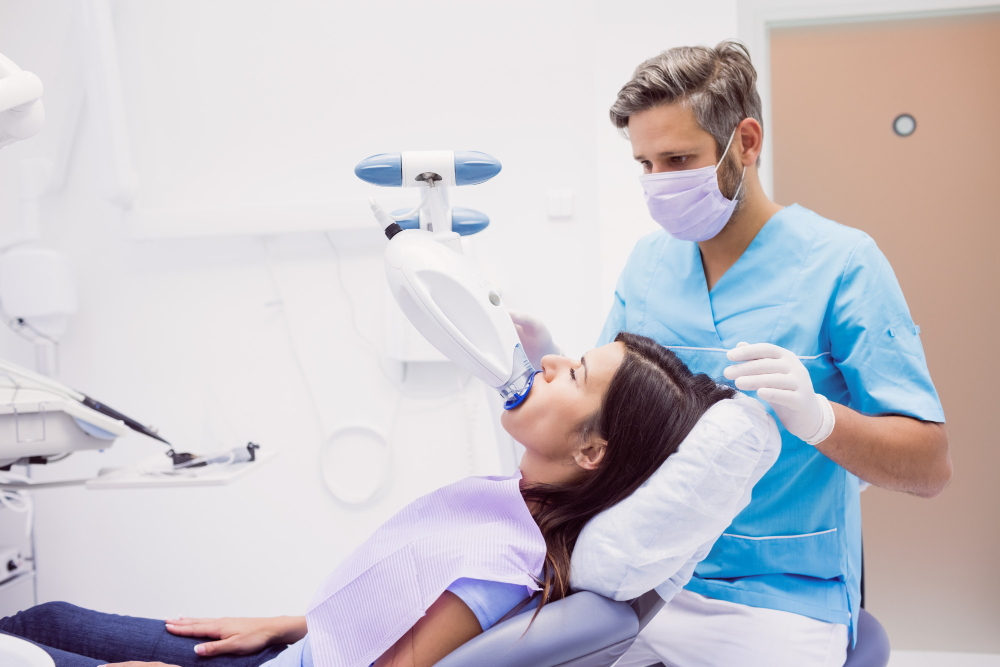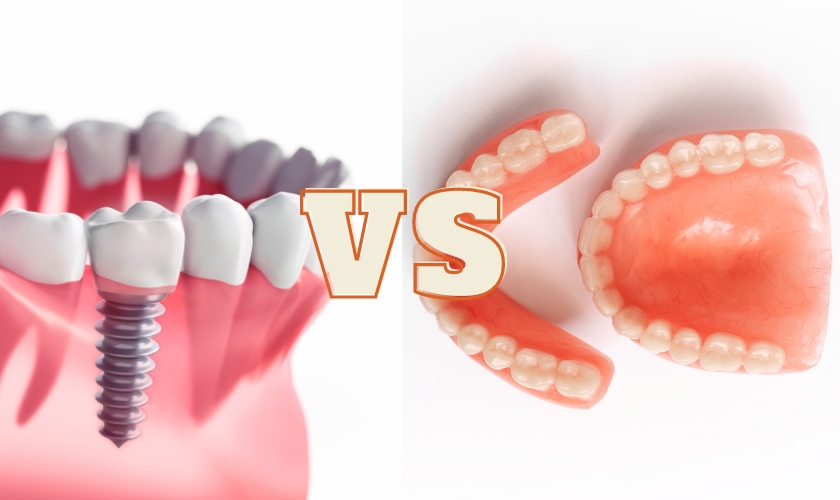
How To Handle A Dental Emergency: 10 Essential Tips
Dental emergencies can be distressing and painful, often catching us off guard when we least expect them. Whether it’s a sudden toothache, a chipped tooth, or a lost filling, knowing how to handle a dental emergency can make a significant difference in reducing pain and preventing further damage. In this blog, we’ll provide you with 10 essential tips to help you deal with dental emergencies effectively, ensuring you’re prepared when such situations arise.
Maintain Good Oral Hygiene
The first line of defense against dental emergencies is prevention. Maintaining good oral hygiene by brushing your teeth at least twice a day, flossing daily, and visiting your dentist for regular check-ups can significantly reduce the risk of dental problems. Regular dental check-ups can help detect issues early on, preventing them from turning into emergencies.
Know Your Dentist’s Contact Information
One of the most important steps in preparing for a dental emergency is to know how to reach your dentist or a dental professional. Save your dentist’s contact information on your phone, and make sure you have their business card or contact details in your dental emergency kit. If you don’t have a regular dentist, consider researching nearby dental clinics in advance.
Toothache Troubles
A toothache can be excruciating and is often a sign of an underlying dental issue. If you experience a toothache:
- Rinse your mouth with warm water.
- Gently brush to remove any stuck food or debris.
- If the pain persists, take over-the-counter pain medication.
- Avoid placing aspirin or any other painkiller directly on the gums, as it can lead to tissue damage.
It’s crucial to consult your dentist as soon as possible to diagnose the root cause of the toothache.
Dealing with A Chipped Or Broken Tooth
A chipped or broken tooth is a common dental emergency, and the steps you take can make a significant difference in saving your tooth:
- To clean the region, rinse your mouth with warm water.
- If there’s bleeding, apply gentle pressure with sterile gauze.
- If you have a broken piece, save it in a container with milk or saliva to preserve it for possible reattachment.
- See your dentist immediately, as prompt treatment is crucial to repair the tooth.
Lost Or Loose Dental Fillings Or Crowns
If a dental filling or crown comes loose or falls out, it’s essential to act quickly to prevent further damage.
- If feasible, keep the missing filling or crown.
- Clean the affected tooth gently.
- Apply dental cement, available at most drugstores, to temporarily reattach the crown or filling.
- Visit your dentist as soon as possible for a permanent remedy.
- Handle a Knocked-Out Tooth
Handle A Knocked-Out Tooth
A knocked-out tooth is a dental emergency that requires immediate attention for the best chance of saving the tooth.
- Avoid contact with the root by holding the tooth by the crown.
- If the tooth is unclean, gently rinse it with water, but do not scrub it.
- Attempt to gently reinsert the tooth into its socket.
- If reinsertion isn’t possible, place the tooth in a container of milk or a specialized tooth preservation product.
- Seek immediate dental care, ideally within 30 minutes, for the best chances of saving the tooth.
- Control Bleeding from the Gums or Mouth
Control Bleeding from the Gums or Mouth
Oral bleeding can be due to various factors, including injury, infection, or dental procedures. To control bleeding:
- To clean the region, gently rinse your mouth with warm water.
- Apply sterile gauze or a damp tea bag to the bleeding area, maintaining pressure for about 15 minutes.
- If bleeding persists, consult your dentist or seek immediate medical attention if it’s severe.
Managing a Painful Abscess
Dental abscesses are painful and potentially serious infections that require immediate attention.
- Rinse your mouth with a mild saltwater solution to ease discomfort.
- Do not attempt to pop or drain the abscess, as this can lead to complications.
- Seek prompt dental care to drain the abscess and address the underlying infection.
- Stay Calm and Seek Professional Help
Stay Calm And Seek Professional Help
In any dental emergency, it’s essential to remain as calm as possible. Panic can exacerbate the situation and make it more challenging to follow the necessary steps. Additionally, do not delay seeking professional help. Dentists are trained to handle dental emergencies, and getting prompt care can prevent further complications and alleviate your pain.
Dental emergencies can be unsettling, but being prepared and knowing how to handle them can make a significant difference in preserving your oral health and minimizing discomfort. Remember to maintain good oral hygiene, prepare an emergency dental kit, and have your dentist’s contact information readily available. In the event of a dental emergency, follow the appropriate steps outlined in this blog for specific situations, such as toothaches, chipped teeth, lost fillings, or knocked-out teeth.
Your oral health is an integral part of your overall well-being, and knowing how to respond to dental emergencies empowers you to take control of your health and seek professional care when needed. By following these ten essential tips, you can ensure that you’re well-prepared to handle any unexpected dental issue that may arise in the future.






